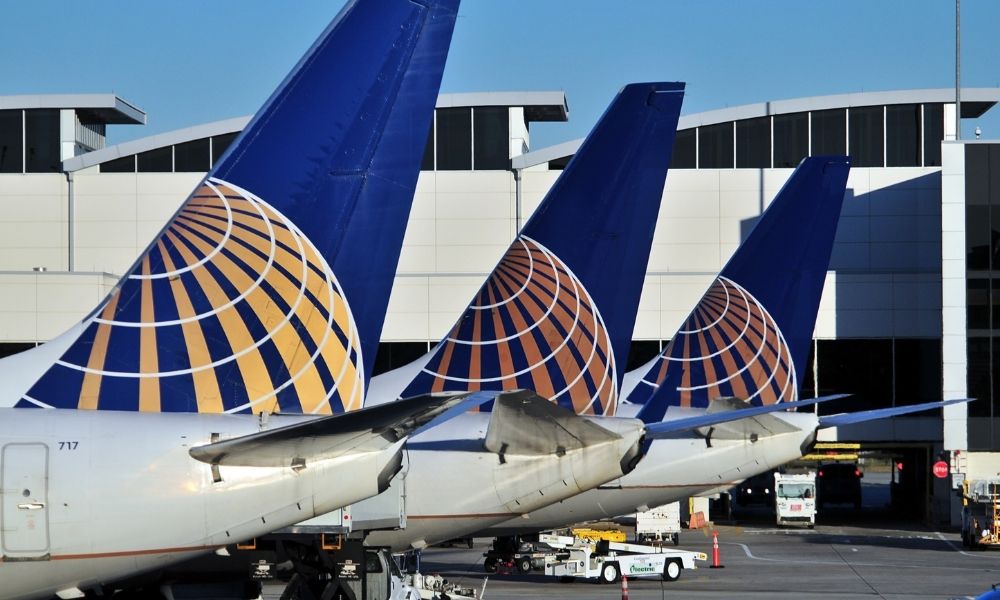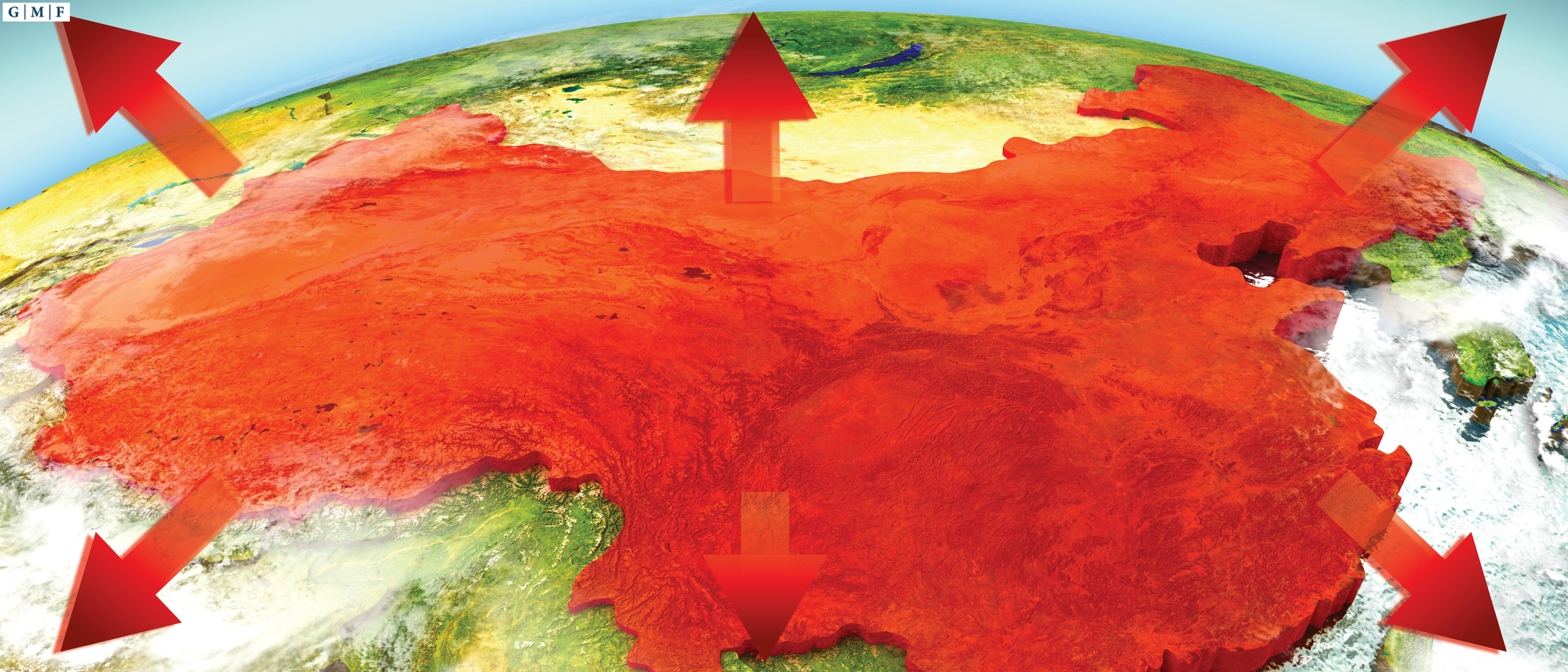Los Angeles Wildfires: A Case Study In The Moral And Social Implications Of Disaster Betting

Table of Contents
The Ethics of Disaster Betting: A Moral Quandary
Exploiting Human Suffering for Profit
The inherent immorality of profiting from the misfortune of others is central to the debate surrounding disaster betting. This practice stands in stark contrast to traditional gambling or sports betting, where participants generally engage in a consensual exchange of risk and reward. Disaster betting, however, preys on the vulnerability of victims who have experienced immense loss and suffering.
- Examples of disaster betting markets: Odds are offered on the extent of wildfire spread, the predicted property damage estimations, and even the number of casualties. This commodification of tragedy is deeply troubling.
- Emotional distress caused to victims: Imagine the added trauma for survivors already grappling with the loss of homes, loved ones, and livelihoods, knowing that others are profiting from their suffering.
- Potential for manipulation and misinformation: The spread of false or misleading information can exacerbate the situation, impacting insurance claims and relief efforts, and further benefitting those engaged in disaster betting.
This exploitation lacks the consent fundamental to ethical gambling. The victims are completely unaware and unable to consent to their suffering being used for profit. This makes disaster betting morally reprehensible.
The Psychology of Disaster Betting
Understanding the motivations of those participating in disaster betting markets requires exploring the psychological underpinnings of such behavior.
- Potential explanations: Several factors may contribute, including thrill-seeking, a detachment from the consequences of their actions, and even schadenfreude (pleasure derived from the misfortune of others).
- The role of online anonymity: The relative anonymity afforded by online platforms may embolden individuals to participate in activities they would not otherwise consider.
- Normalization of behavior through online communities: Online communities can inadvertently normalize this behavior, creating echo chambers where such actions are not only accepted but even celebrated.
Psychological research into the motivations behind this behavior is limited but crucial. Understanding the psychology of disaster bettors is essential for developing effective countermeasures.
The Social Impact: Beyond the Individual
Impact on Disaster Relief Efforts
Disaster betting significantly hinders effective disaster relief efforts and recovery processes.
- Distraction of resources: Resources, both human and financial, are diverted from aid efforts to deal with the fallout from speculative markets and fraud related to disaster betting.
- Spread of misinformation: The spread of rumors and false information related to the extent of damage or the availability of aid further complicates relief efforts.
- Potential for price gouging and exploitation in affected areas: Unscrupulous individuals may exploit the situation by driving up prices on essential goods and services, profiting from the vulnerability of victims.
- Hindering insurance payouts: Manipulation of data and information related to disaster damage can negatively impact legitimate insurance claims, leaving victims with even less support.
These factors contribute to systemic instability in the recovery process, delaying the rebuilding and reestablishment of community.
Erosion of Social Trust and Community
The normalization of disaster betting erodes the social fabric by undermining trust and collective responsibility.
- Increased cynicism and distrust: This practice fosters a climate of cynicism and distrust, both within the affected communities and society at large.
- Impact on community rebuilding: The perception that profit is prioritized over human welfare hinders community rebuilding efforts, as cooperation and social solidarity are essential for recovery.
- Exacerbation of existing inequalities: Disaster betting often disproportionately affects vulnerable populations who are less equipped to navigate the complexities and consequences of such markets.
The commodification of human suffering actively undermines the social solidarity necessary for effective disaster response and community healing.
Regulatory Responses and Future Considerations
The Need for Legal Frameworks
Addressing the issue of disaster betting requires robust legal frameworks and international cooperation.
- Examples of existing regulations in other contexts: While there isn't specific legislation targeting disaster betting, existing laws concerning fraud, market manipulation, and insurance fraud could be applied.
- Challenges in regulating online markets: The borderless nature of the internet presents significant challenges in regulating online gambling platforms and preventing individuals from accessing these unethical markets.
- International collaboration: International cooperation is crucial to combatting this global problem, as disaster betting can easily transcend national borders.
Developing specific legislation addressing disaster betting is crucial to deterring participation and safeguarding victims.
Raising Awareness and Promoting Ethical Behavior
Effective countermeasures require a multi-pronged approach focusing on public education and ethical responsibility.
- Public awareness campaigns: Targeted campaigns can educate the public on the ethical implications of disaster betting and the devastating consequences for victims.
- Media responsibility: Media outlets have a crucial role to play in responsible reporting, avoiding the sensationalization of disaster betting markets.
- Ethical guidelines for online platforms: Online platforms should adopt strict ethical guidelines, proactively identifying and shutting down markets related to disaster betting.
- Promoting empathy and responsible behavior online: A cultural shift towards greater empathy and responsibility in the online sphere is essential.
Concrete examples of such initiatives include partnerships between governments, NGOs, and tech companies to develop educational resources and monitor online activity.
Conclusion
The rise of disaster betting in the aftermath of events like the Los Angeles wildfires is a critical ethical and societal concern. Profiting from the suffering of others is morally reprehensible and obstructs essential recovery processes. Combating this requires a multifaceted approach. We need strong legal frameworks, widespread public awareness initiatives, and a renewed focus on promoting ethical conduct in the digital age. The conversation about the ethical implications of disaster betting must persist to protect the vulnerable and cultivate a society that prioritizes empathy and compassion over profit during crises. We must actively challenge the normalization of disaster betting and champion ethical alternatives. Let’s work together to prevent the exploitation of human suffering and ensure the responsible use of information and technology in the aftermath of future disasters. We must prevent the normalization of disaster betting and promote ethical alternatives.

Featured Posts
-
 Teddy Magics Itv Britains Got Talent Semi Final Withdrawal
May 05, 2025
Teddy Magics Itv Britains Got Talent Semi Final Withdrawal
May 05, 2025 -
 United Airlines Newark Flight Cancellations After Faa Staff Walkout
May 05, 2025
United Airlines Newark Flight Cancellations After Faa Staff Walkout
May 05, 2025 -
 Christian Horners Joke About Max Verstappen Becoming A Father
May 05, 2025
Christian Horners Joke About Max Verstappen Becoming A Father
May 05, 2025 -
 Breaking Free How Advanced Electric Motors Can End Chinas Dominance
May 05, 2025
Breaking Free How Advanced Electric Motors Can End Chinas Dominance
May 05, 2025 -
 Lizzos Health And Fitness Update New Body Confidence On Social Media
May 05, 2025
Lizzos Health And Fitness Update New Body Confidence On Social Media
May 05, 2025
